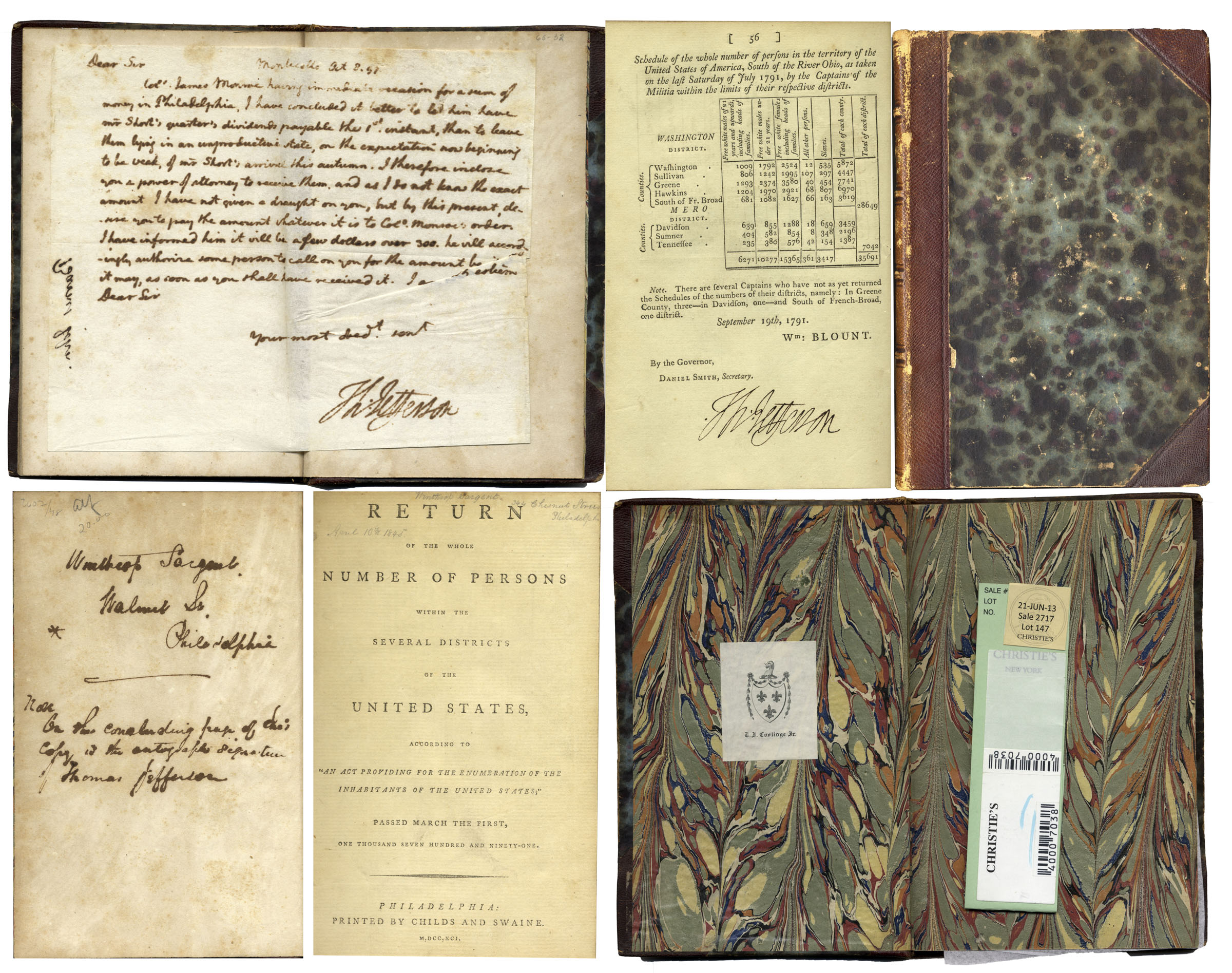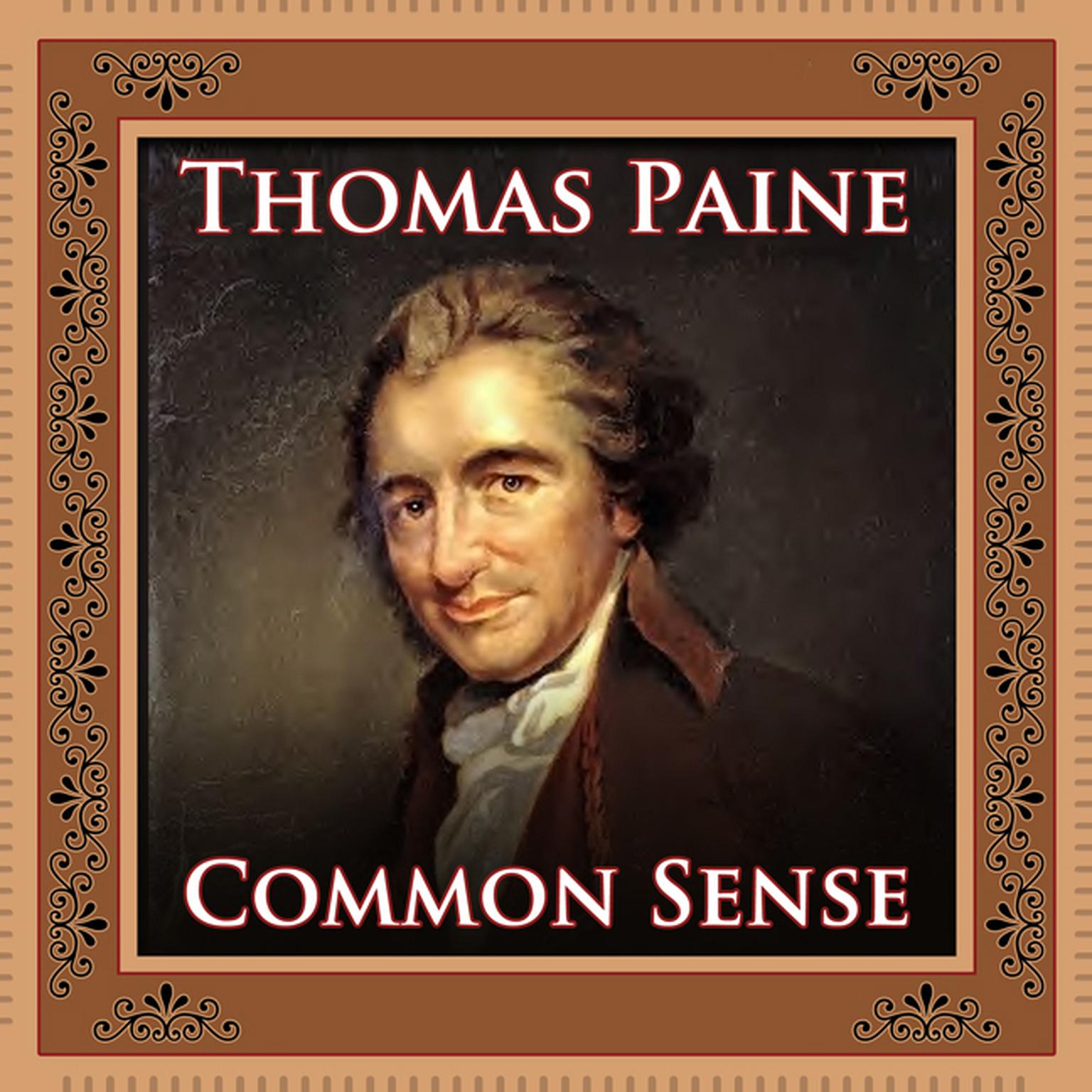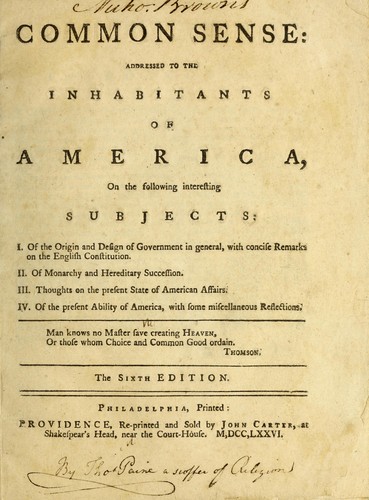


In support of the first, I could, if I judged it proper, produce the opinion of some of the ablest and most experienced men on this continent and whose sentiments, on that head, are not yet publicly known. Secondly, Which is the easiest and most practicable plan, reconciliation or independence? with some occasional remarks. LEAVING the moral part to private reflection, I shall chiefly confine my further remarks to the following heads:įirst, That it is the interest of America to be separated from Britain. See also Common Sense Revolution, American: Political History. Later, his "Crisis" pamphlets would be an inspiration to many throughout the long, difficult years of the war. Paine became a hero in the colonies and was, at least for a time, considered one of America's foremost revolutionary thinkers. George Washington himself commended the power of its reasoning. Penned anonymously by the English-born Thomas Paine, who had immigrated to America at the urging of Benjamin Franklin, the tract was an astonishing sensation, selling some 120,000 copies during its first three months, and nearly a half-million throughout the years of the Revolution. All that had been needed, it seems, was a voice to finally forcefully articulate the patriot's case against the mother country and to insist upon the impossibility of reconciliation with the Crown.

With the publication of Common Sense early in the winter of 1776 came also the inevitability of war between Great Britain and her colonies in North America. New Rochelle, N.Y.: Thomas Paine National Historical Association, 1925.EXCERPT FROM "COMMON SENSE" (1776, by Thomas Paine) Volume 5, Amendment I (Religion), Document 24 Of the same family, differing only, in what is called, On the various denominations among us, to be like children Matter for probation and on this liberal principle, I look Way of thinking, our religious dispositions would want For myself, I fully and conscientiouslyīelieve, that it is the will of the Almighty, that there shouldīe a diversity of religious opinions among us: it affords a Suspicion is the companion of mean souls, and the bane Niggards of all professions are so unwilling to part with Īnd he will be at once delivered of his fears on that head. Narrowness of soul, that selfishness of principle, which the Thereof, and I know of no other business which government 1776 Life 2:162-63Īs to religion, I hold it to be the indispensible duty ofĮvery government, to protect all conscientious professors Amendment I (Religion): Thomas Paine, Common Sense


 0 kommentar(er)
0 kommentar(er)
